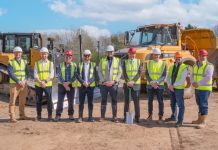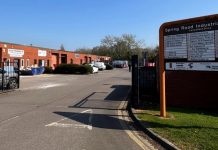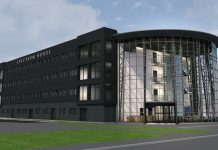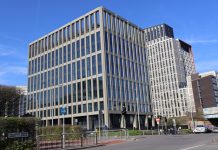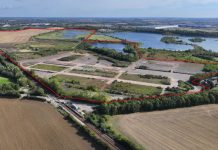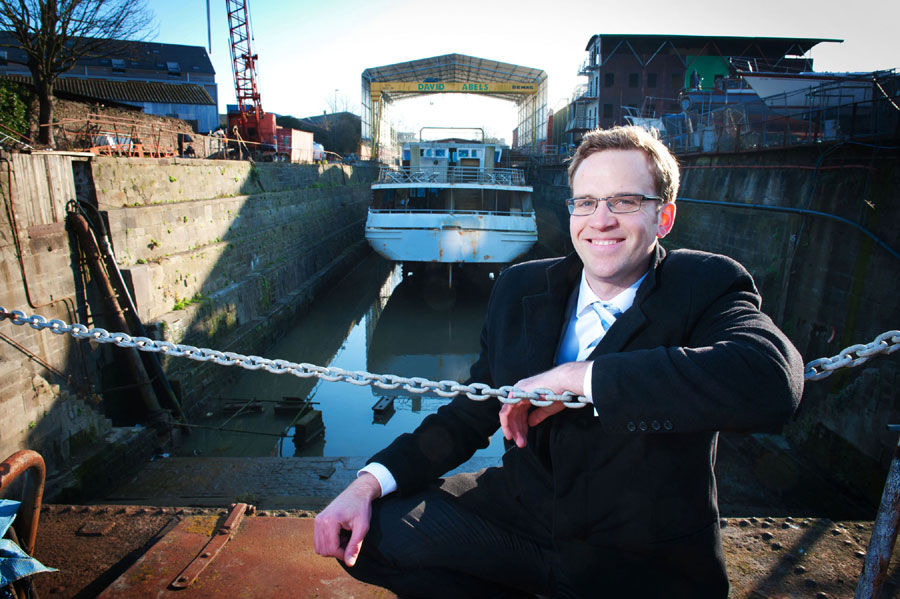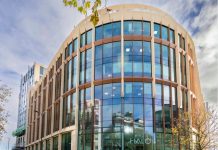Faster than expected economic recovery could save some of the West Country’s most distinctive buildings from the bulldozer.
That’s according to planning and heritage expert James Edwards from Colliers International who said some of the region’s most familiar landmarks could now be brought back from the brink as the West continues to pull away from the downturn.
He said increasing economic confidence could free up the millions needed to help guarantee the future of heritage sites such as the Tropicana, Birnbeck Pier and Cleveland Pools in Bath.
James – who has lobbied on behalf of the West’s built and maritime heritage – said: “Nobody is in any doubt about the problems of maintaining historic properties like these. Many of them have not seen any regular maintenance and not surprisingly are in a truly diabolical state.
“The Tropicana – an attractive art deco classic in its day – really detracts from the seafront at Weston. As time passes it presents an increasing challenge to the group battling to save it for posterity.”
But the Broad Quay based commentator said the fast improving economic picture could make it easier for groups to help save our built heritage.
He went on: “The recession pushed much of the renovation works required at these projects on to the back boiler. But now the economic conditions are getting a little easier it might prove possible to tap in to additional funding. Similarly, people are more happier to dip into their own pockets when there is less economic uncertainty. This could help turn ambitious but unlikely restoration schemes into economic reality.
“Although schemes such as the Tropicana rescue package have had the widespread support f the community they can really struggle without a workable rescue package.
“The green shoots of recovery are already showing and as more money becomes available some of this will money invariably trickle through to heritage.”
James Edwards paid tribute to local communities for the massive role they have played and continue to play in saving the West’s heritage.
“The Government has made an awful lot of noise about localism and ‘power to the people’ and there is no better example of how important a mobilised and committed community group can have in making things happen than in rescuing heritage.
“The very nature of a building in disrepair is that time is not on your side without care and repair. Buildings rapidly decline.”
James said the Dawes Twine Works down in West Coker near Yeovil, which featured on the BBC series Restoration several years ago, highlighted the massive benefit the community could have to built heritage and vice versa.
“The Rope walk is now undergoing restoration with a view to opening as a museum of rope making.
“Similarly, the success of the Clifton Lido in Bristol – derelict for so many years – will give hope to campaigners trying to transform the fortunes of the Cleveland Pools in Bath.
James Edwards said there was a growing awareness that heritage was good for society, good for the economy and good for the wider built environment.
He concluded: “As the economy picks up so too will investment in heritage. Only time will tell, but I think there is a strong argument to say that things can only get better for the West’s heritage and importantly its heritage most at risk.”

